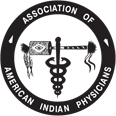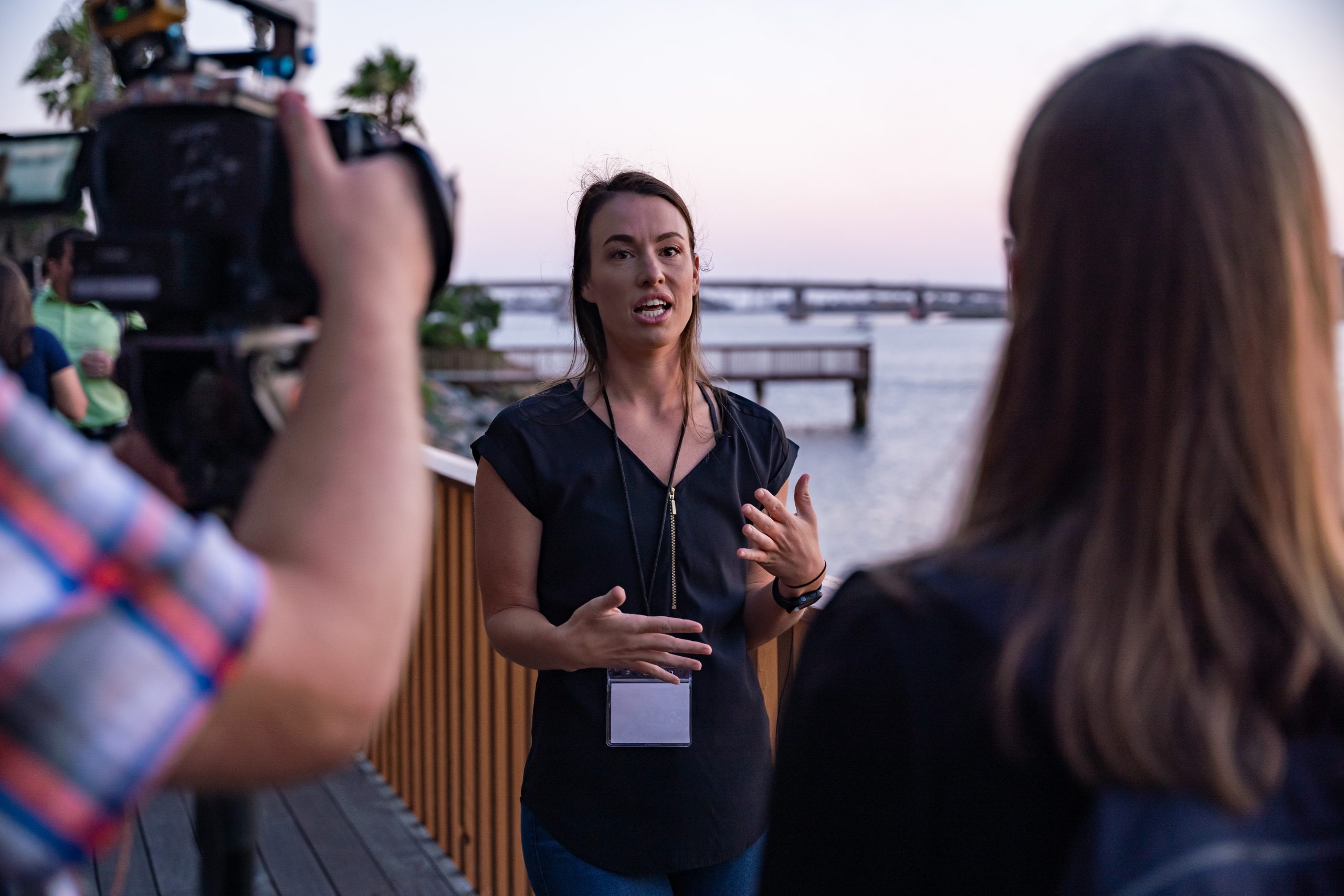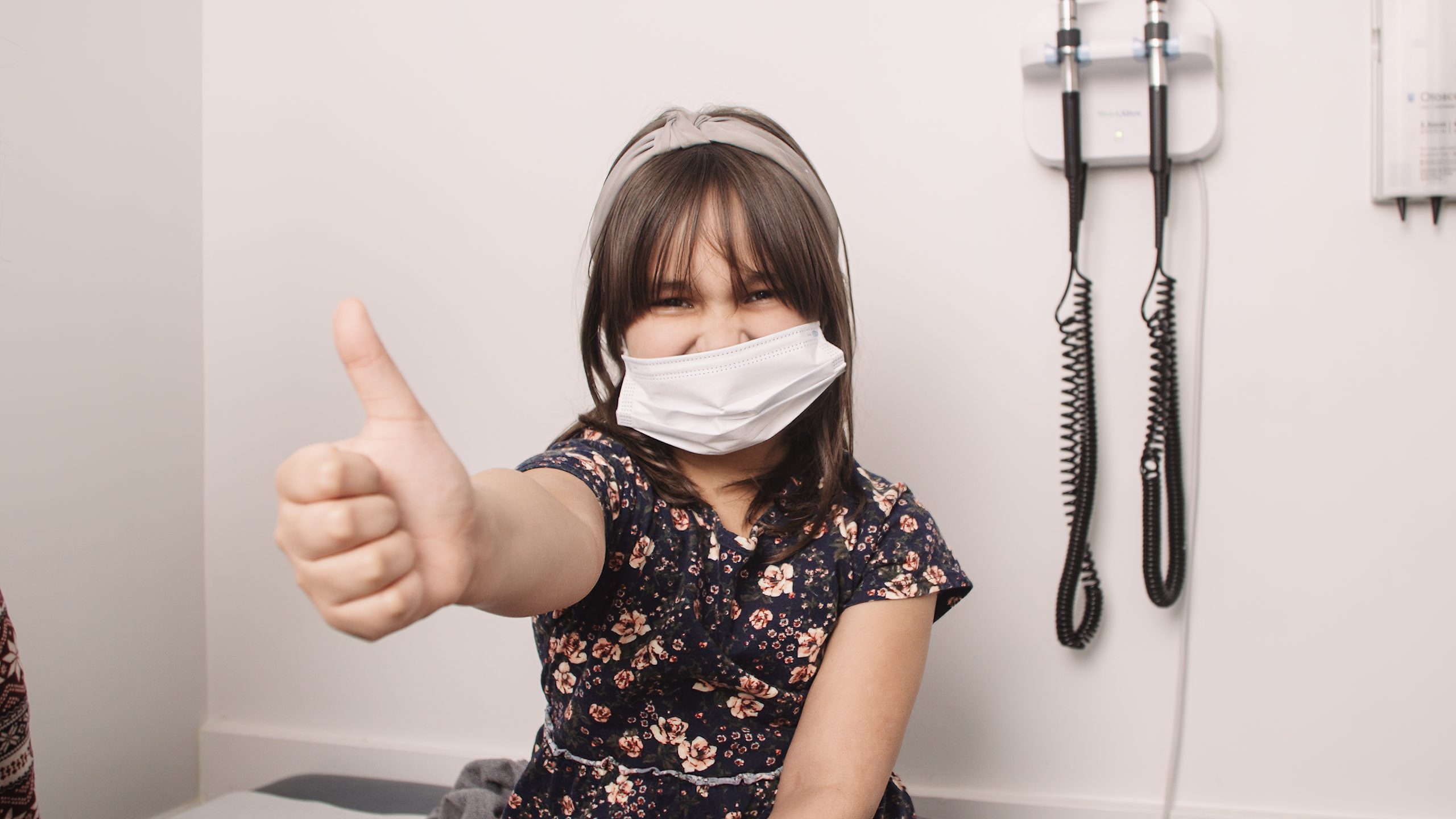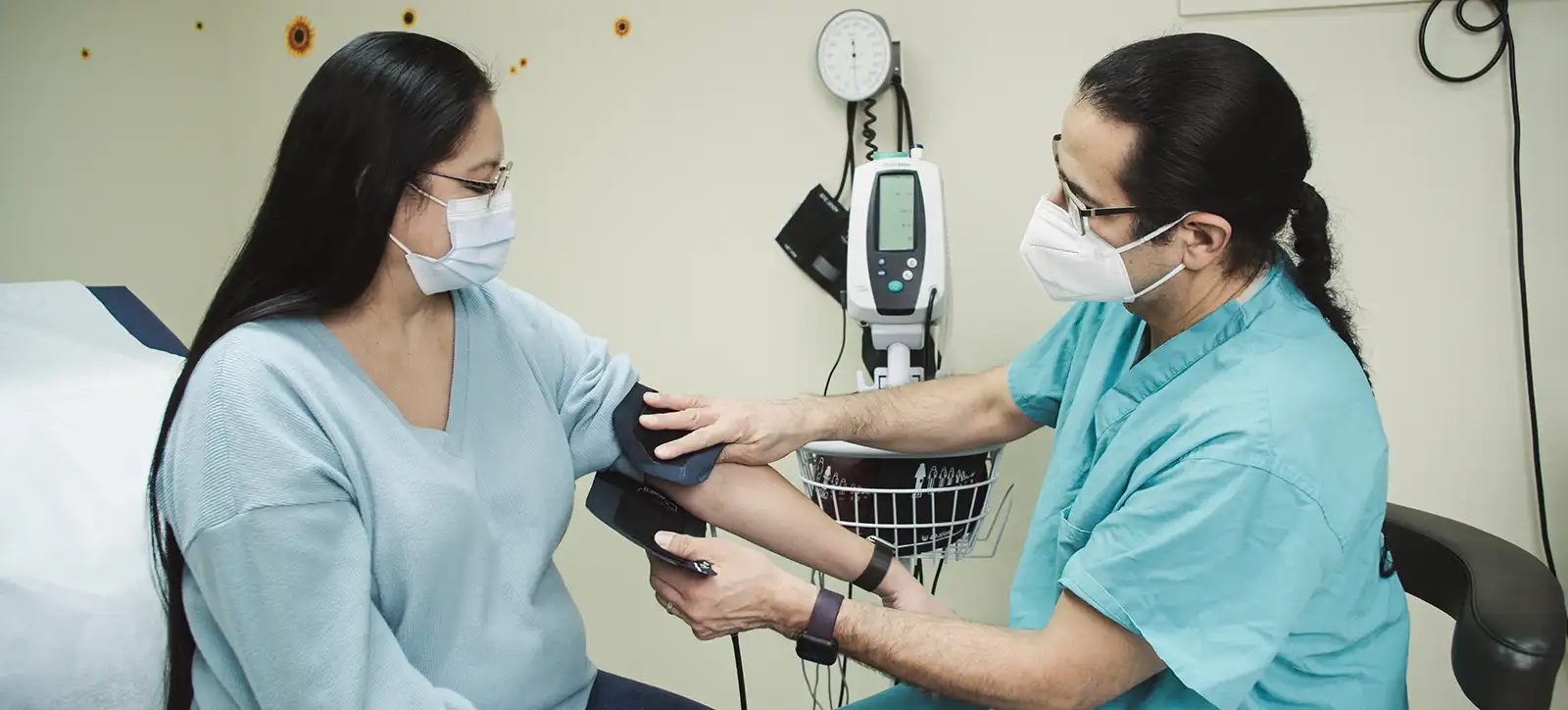COVID-19 Vaccine for American Indian and Alaska Native Children
Is your child vaccinated against COVID-19 variants?
The Association of American Indian Physicians is partnering with the Centers for Disease Control to increase COVID-19 vaccination rates among American Indian and Alaska Native children. Vaccines are safe, effective and available, now for our youngest generations.
Children ages 6 months and older are eligible for their primary COVID-19 doses and booster vaccines.
If your child hasn’t received a first dose vaccine or is eligible for a booster, contact your local Indian Health Service Clinic, pharmacy or doctor to schedule their COVID-19 or booster vaccine.
The Association of American Indian Physicians
Is your child vaccinated against COVID-19?
Vaccines are safe, effective and available to American Indians and Alaska Native children ages 6 months and older. Download the latest brochure on child vaccines.
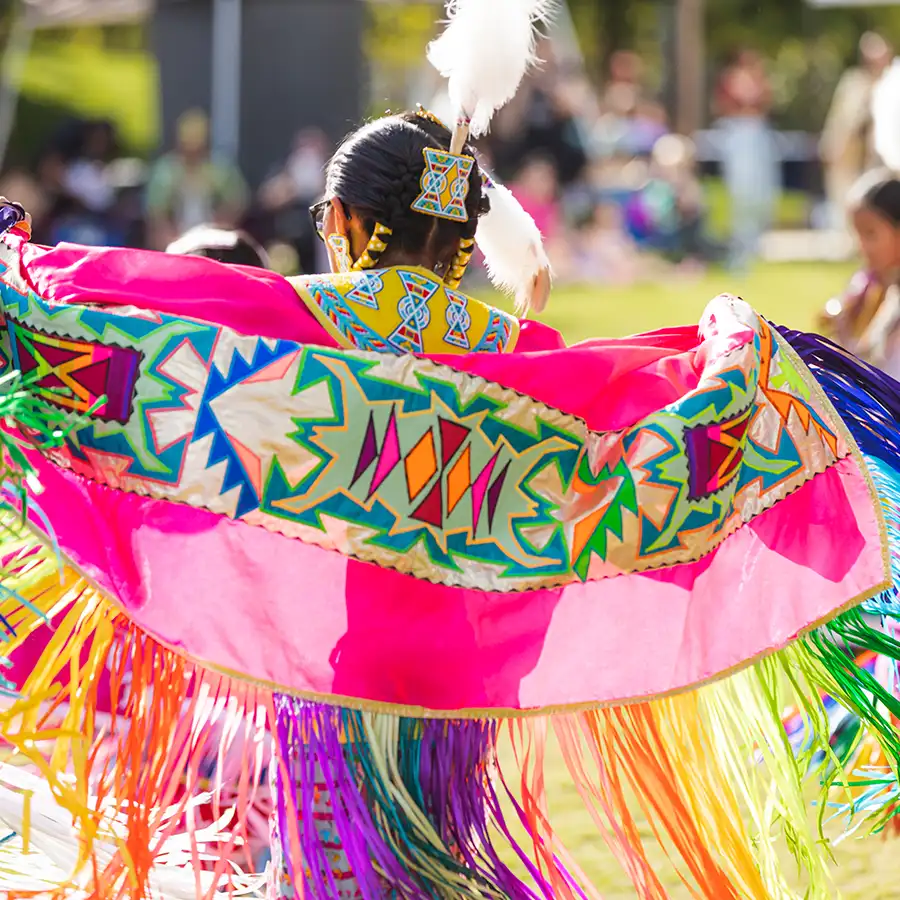
Protect our next generation of leaders; protect our culture.
Vaccinated children help protect our families, our elders and our culture. Vaccines are a low-risk way to improve the health of individuals and the community. Vaccines are:
- Safe: Dr. Mary Owen calls vaccine research for children “extremely safe”. Significant research occurred before the CDC recommended vaccination for children and “no serious safety concerns” were identified.
- Effective: Even if a child or teen gets sick, vaccination can help keep them from serious illness.
- Available: Contact your local Indian Health Service Clinic, pharmacy, your doctor or your child’s pediatrician to schedule a COVID-19 vaccine.
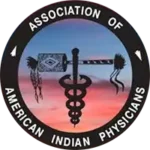
IS MY CHILD ELIGIBLE FOR A COVID-19 BOOSTER SHOT?
As of current standards, most children are eligible for vaccines. Some children may be eligible for booster shots, as well.
- People ages 6 months through 17 years should get all COVID-19 primary series doses and, if eligible, the updated (bivalent) booster dose recommended by the CDC.
- Children that have received a (monovalent) booster may also be eligible for an updated (bivalent) booster.
- If it’s been more than 2 months since your child received their last COVID-19 vaccine dose, your child may be eligible for updated booster doses. Check the CDC website or with your American Indian Physician to stay up to date with your child’s boosters.
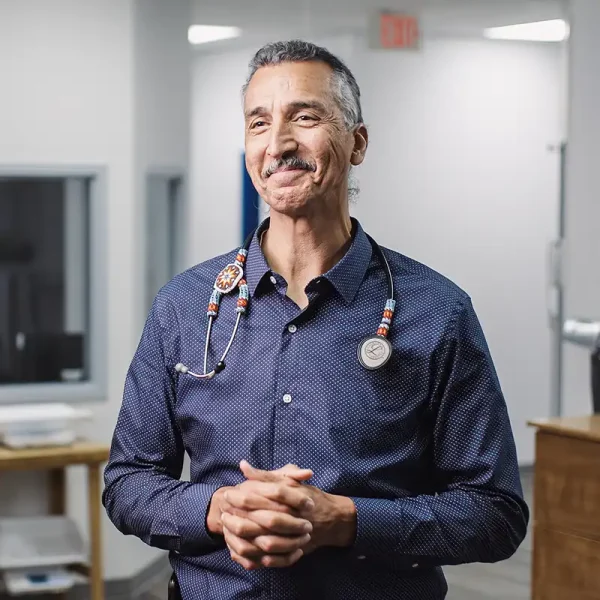
The Top COVID-19 Vaccination Myths
-
Myth: The COVID-19 vaccine isn’t safe for my child.
Fact: The COVID-19 vaccine was only authorized and recommended after rigorous review and thorough safety testing in thousands of children. Clinical trials resulted in mild side effects similar to those in other recommended childhood vaccines. A sore arm was the most common side effect. -
Myth: My child likely won’t get very sick from the COVID-19 virus so it’s best not to get vaccinated.
Fact: Getting the vaccine can protect your child from getting the virus and protect your child from serious symptoms and hospitalization. Serious illness is a risk for children. Though most cases aren’t severe, one hundred deaths and 8300 hospitalizations have occurred among children ages 5 to 11 as of October 2021. Post-COVID symptoms can also last several weeks for some children and the virus can cause serious complications. -
Myth: COVID-19 vaccines can cause future fertility or reproductive issues for my child.
Fact: There is no evidence that the COVID-19 vaccine or any vaccine, vaccine ingredients or antibodies developed after vaccination cause female or male infertility. There is also no evidence that the COVID-19 vaccine affects puberty.
Protecting American Indian and Alaska Native communities from COVID-19
Children make up 17.9% of all COVID-19 cases.* They can spread the virus to vulnerable community members and get sick from the virus themselves. Protecting your child from COVID-19 by getting vaccinated also protects your community.
*American Academy of Pediatrics, May 11, 2023
Native children have suffered a caregiver loss rate much higher than white children.*
Is the COVID-19 vaccine safe for my child?
- COVID-19 vaccines have been tested in clinical trials before being widely available.
- Children are much more likely to get very sick from COVID-19 than any small risk associated with the vaccine.
- Vaccinated children protect infants under 6 months and vulnerable adults from serious illness.
Is the COVID-19 vaccine effective?
Even if a child or teen gets sick, vaccines can help prevent serious illness. Vaccinations are effective in reducing risk of serious illness in both children and adults.
YouTube Videos
Trending Topics
- CDC
- American Academy of Pediatrics
- COVID-19 and kids: How mRNA vaccines work (YouTube video)
- Children and COVID-19: State Level Data Report
- Ask the Pediatrician: COVID-19 Roundup (from healthychildren.org; a service of the Academy; very parent friendly)
- Johns Hopkins Medicine
- Mayo Clinic
- Axois
If your child hasn’t been vaccinated or is eligible for a booster, contact your local Indian Health Service Clinic, pharmacy or doctor to schedule your COVID-19 or booster vaccine.
 The Morehouse School of Medicine National COVID-19 Resiliency Network (NCRN) coordinates a strategic and structured national network or national, state/territorial/tribal and local public and community-based organizations that will mitigate the impact of COVID-19 on racial and ethnic minority, and rural populations.
The Morehouse School of Medicine National COVID-19 Resiliency Network (NCRN) coordinates a strategic and structured national network or national, state/territorial/tribal and local public and community-based organizations that will mitigate the impact of COVID-19 on racial and ethnic minority, and rural populations.
